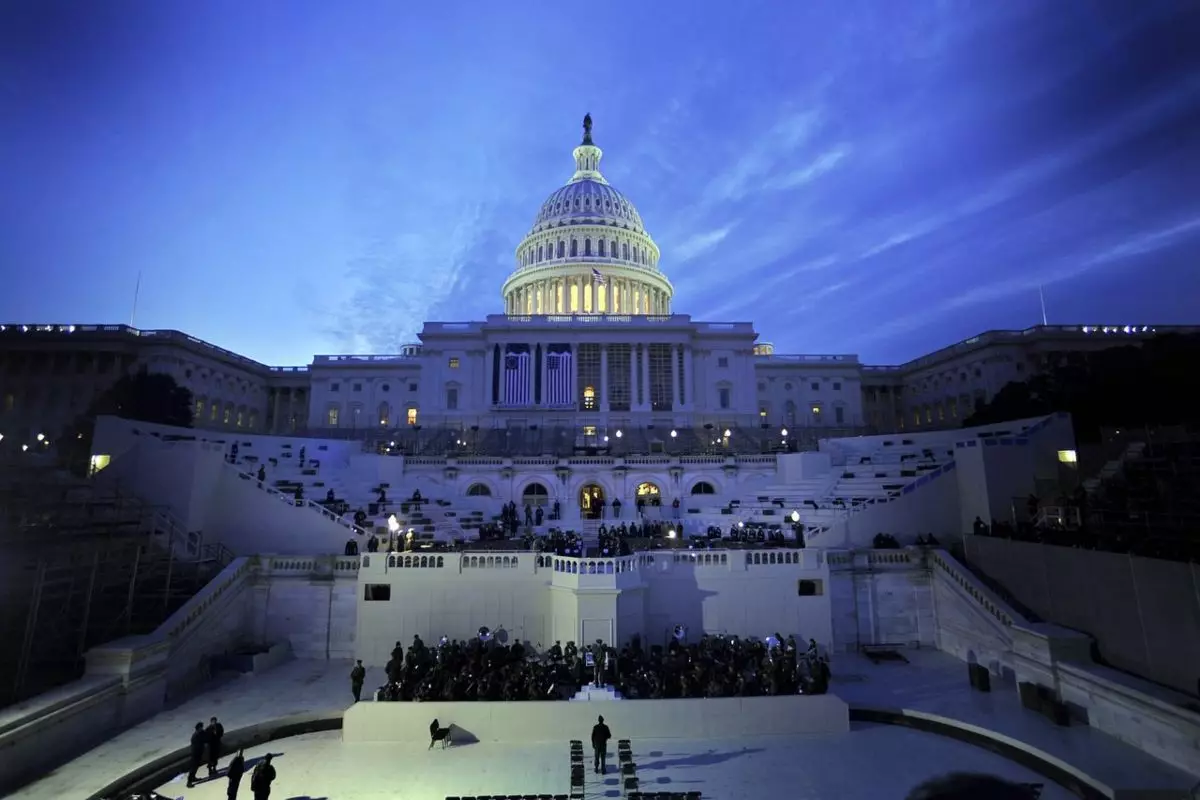The United States appears to be on the brink of reaching an agreement between Republicans and Democrats regarding the regulation of stablecoins. Two influential members of the Financial Services Committee in the US House of Representatives, who were responsible for drafting the bill on stablecoin regulation, have revealed that Republicans are in favor of a state-by-state approach to regulation. However, this is not expected to pose a significant obstacle in moving the bill forward. Republicans are also aligned with Democrats in their shared commitment to prevent a “race to the bottom” when establishing safeguards for fiat-backed digital currencies. Previously, Democrats and Republicans had struggled to find common ground on this proposed legislation.
Changing Tides: The House Financial Services Committee’s Revised Schedule
The House Financial Services Committee, responsible for creating a regulatory framework for stablecoins and cryptocurrency trading in the US, has rescheduled the vote on this legislation. This alteration reflects the evolving consensus among lawmakers. Representative James French Hill, a Republican from Arkansas, emphasized the Republicans’ desire to establish a regulatory framework for stablecoins at the state level. However, he also acknowledged the need to prevent a race to the bottom. French Hill conveyed these sentiments during an online event hosted by the Atlantic Council, a prominent think tank based in Washington, D.C. He further highlighted that the current version of the bill grants the US Federal Reserve the power to enforce or review stablecoin regulations. This aligns with Federal Reserve Chairman Jerome Powell’s previous testimony to Congress, advocating for the central bank’s involvement in regulating payment tokens.
Democratic Optimism: Potential Challenges and their Solutions
Representative Jim Himes, a senior Democrat on the Financial Services Committee, echoed similar sentiments during the same event. While acknowledging the ongoing debate between state and federal policies regarding stablecoin regulations, Himes expressed confidence that this disagreement would not hinder the passage of the proposed bill. Himes and French Hill both hope that comprehensive regulatory frameworks for stablecoins and crypto markets in the US will be advanced by the end of July. Consequently, the House Financial Services Committee has rescheduled the vote on stablecoin and cryptocurrency legislation, originally planned for this week, to July 26. This revised timeline allows for further deliberation and consensus-building among committee members.
Path Forward: Congressional Approval and the Biden Administration
If the bill successfully passes the vote in the House Financial Services Committee next week, it will proceed to the Senate, where it will require approval from the Democratic majority. Additionally, for the bill to become law, it must also receive acceptance from the Biden administration. The proposed legislation grants the Commodity Futures Trading Commission (CFTC) broader oversight over cryptocurrencies compared to the US Securities and Exchange Commission (SEC). This shift in regulatory power has the potential to significantly alter the current regulatory landscape for the industry.
After initial disagreements, Republicans and Democrats in the United States are now on the path towards bipartisan agreement on stablecoin regulation. By demonstrating a willingness to compromise and address concerns from both sides, lawmakers are inching closer to establishing comprehensive regulatory frameworks for stablecoins and crypto markets. The rescheduled vote in the House Financial Services Committee signifies the evolving consensus and the anticipation surrounding the bill’s potential passage. As the bill progresses through the legislative process, its fate will ultimately be determined by Congressional approval and the Biden administration’s stance on stablecoin regulation.


Leave a Reply